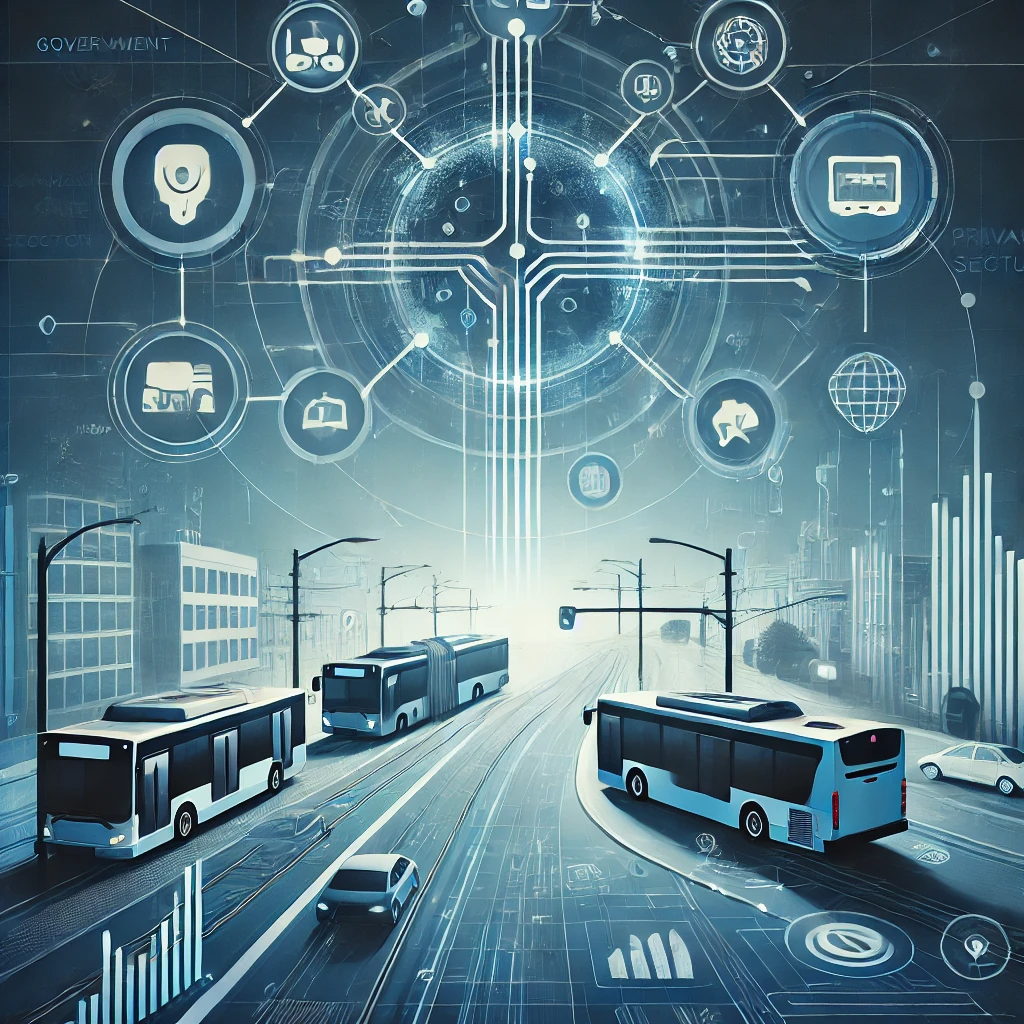Public Transportation Usage and Optimization Data Collaboration
Description:
This opportunity involves data sharing to optimize public transportation systems, reduce congestion, and improve passenger satisfaction through data-driven route planning.
Objectives:
• Enhance public transportation efficiency and passenger experience.
• Reduce traffic congestion and emissions.
• Support sustainable urban development.
Socio-Economic Impact:
• Government: Reduced traffic congestion, lower emissions, and improved public transportation efficiency.
• Private Sector: Access to transit usage statistics and insights supports service improvements, increased ridership, and operational cost savings.
Potential Datasets:
• Data on mobile network usage near transit hubs and along routes.
• Maps showing high-density areas, pedestrian traffic, and route overlaps.
• Data from IoT sensors installed at transit hubs, bus stops, and vehicles, such as passenger counts, vehicle locations, and environmental conditions.
• Data on consumer demographics and spending behavior near transit hubs.
Potential Stakeholders:
Retail and E-commerce Businesses, Technology Companies, and Telecommunications Companies.
Code: Transport & services
Sustainable Development Goals (SDG):
International Best Practices:
In London, data collaboration between public transportation providers and urban planners has optimized route planning and improved passenger satisfaction.
How to get involved?
D4G Alliance initiative facilitates win-win collaboration between relevant stakeholders where privately held data are utilized to produce actionable insights for the public interest in the Emirates of Abu Dhabi.
Partner With Us !